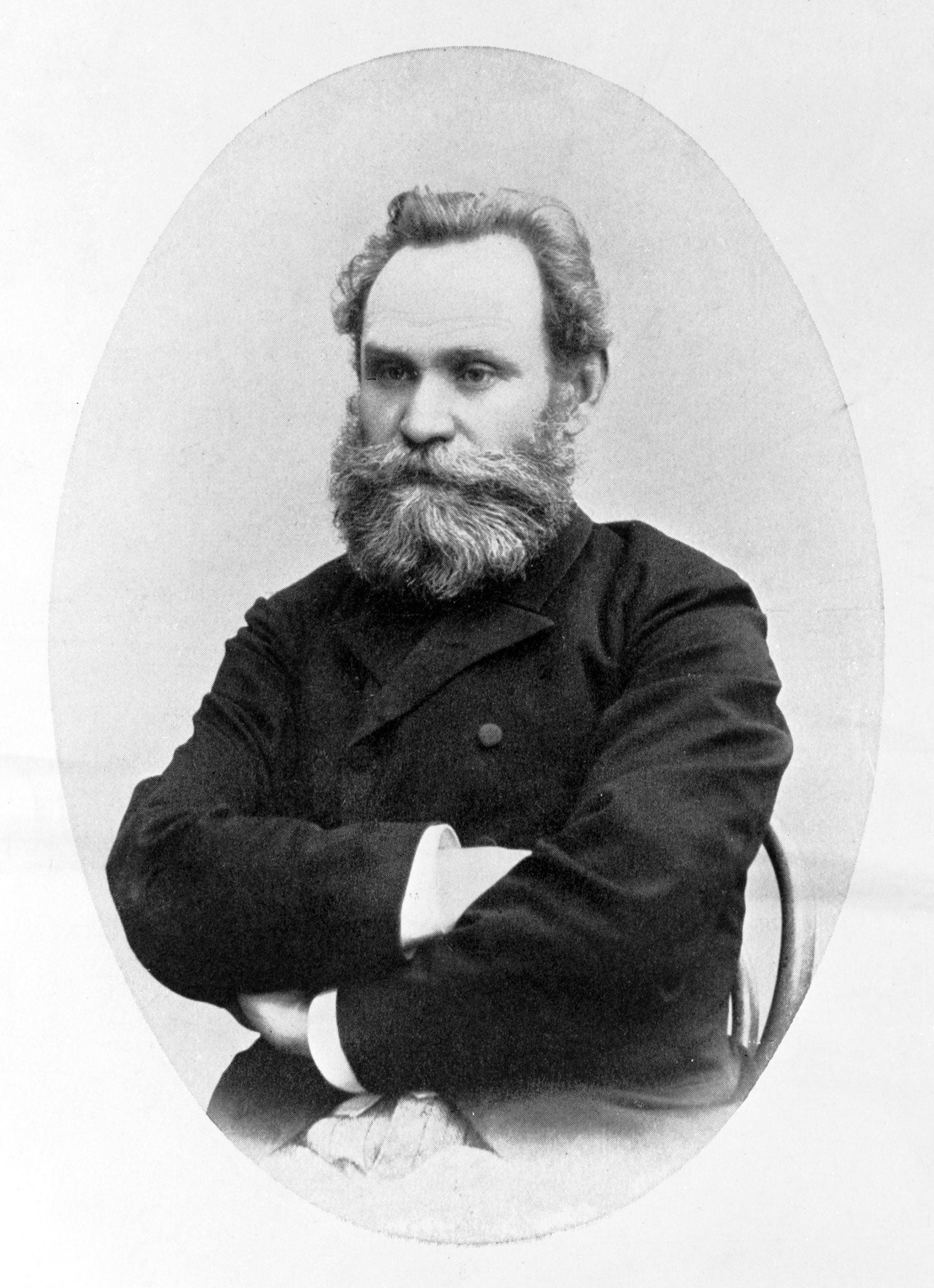Ivan Pavlov: A Russian Life in Science by Daniel P. Todes, book review: Pavlov wasn't a Pavlovian

Russian science has an illustrious history – Mendeleev (Periodic Table), Kapitsa (nuclear physics), Tsiolkovsky (rocket pioneer), Sakharov (nuclear physicist and dissident) – but it has always laboured under some handicaps: firstly Tsarist repression then distortion for political ends by communism (the Lysenko Affair).
Today, although many of the world's leading scientists are Russian, they practise in the West, where science is better supported than in post-communist Russia. Our Nobel Prize-winning Manchester graphene team of Sir Andre Geim and Sir Kostya Novoselov is a good example.
All of which makes this new biography of Ivan Pavlov (1849-1936) interesting because, although he was a Nobel Prize-winning world scientist, the book explicitly sets him in a Russian context.
Pavlov's background was the Russian provincial torpor well known from Chekhov's plays. His father was a priest and Pavlov himself initially trained in a seminary.
But he was happy in the date of his birth because in Russia the Sixties means not the 1960s but the 1860s, when a ferment of progressive, materialist ideas blew in from western Europe to shake the autocratic reactionary Tsarist empire.
Throughout the tumultuous events that unfolded in the early 20th century, Pavlov was a survivor. He did not welcome the Revolution and, like most Russians, suffered greatly during the Civil War of 1918-20. But, as a world famous scientist, the regime supported him, even if he would not reciprocate. In fact, Pavlov was a leading dissident, speaking out in public against the Bolsheviks and drawing ripostes, but not persecution, from the Politburo.
A crude Pavlovianism had a powerful influence on the 20th century. That animals, including humans, could be conditioned to respond in certain ways was one of the themes of Huxley's Brave New World. But Daniel Todes points out on the first page that Pavlov was not a Pavlovian in that sense. He never rang bells to get his dogs to salivate and he didn't deal in conditioned responses; Todes pays scrupulous attention to the original Russian and it transpired that Pavlov talked of "conditional reflexes" and the "bells" were in fact "a metronome, a harmonium, a buzzer, and electrical shock".
A mistranslation in The Lancet of a speech Pavlov gave in 1906 produced the long-running myth of the "conditioned reflex" and the "bells" that made the dogs salivate. Neither was Pavlov a behaviourist: he sought to use his experimental method to illuminate the working of the mind and consciousness, not to dethrone subjectivity.
Pavlov held that the conditional reflex, the dog salivating when a trained stimulus was applied, was the atom of mental activity and he believed he would be able to synthesise a complete account of mental activity from these "atoms". He was, of course, deluded: he knew nothing of neuronal organisation and the neurotransmitters in the brain.
If Pavlov was not the person he was thought to be, who was he? He was an "excitable, choleric" man, attached to his dogs, which he anthropomorphised relentlessly. Not only dogs: among birds in Petrograd Zoo he claimed to see: "literally all the types in Gogol's Dead Souls". To find such nuggets in Todes' biography you must negotiate tracts of mundane institutional matters but, in the end, a much misrepresented icon is given his due.
Join our commenting forum
Join thought-provoking conversations, follow other Independent readers and see their replies
Comments
Bookmark popover
Removed from bookmarks